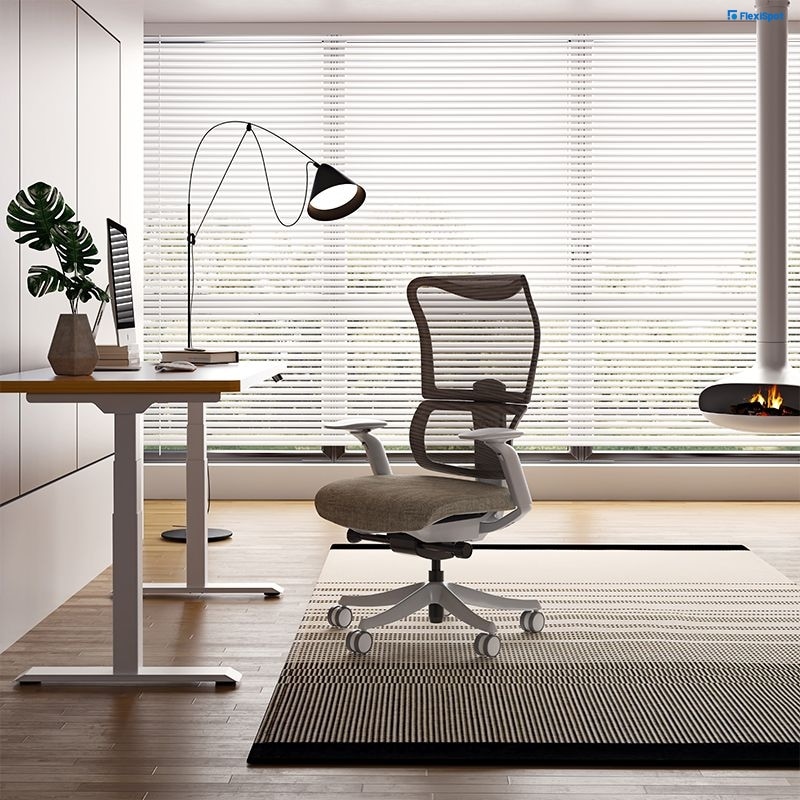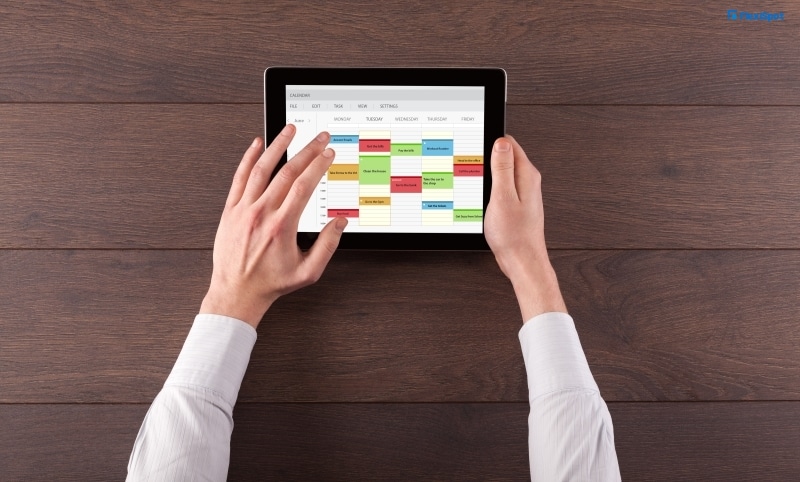Let's face it, fellow millennials and Gen Z'ers, we're all about that productivity life. We're always hustling and grinding, looking for ways to optimize our schedules and reach our goals faster. But what if the secret to unlocking our full potential wasn't in working harder, but in doing less? What if procrastination was actually the key to our productivity woes?
Oh snap, hold the phone - procrastination, that's right! The practice of delaying tasks until the eleventh hour is usually considered a bad habit, but what if it's actually a secret weapon for reaching our aspirations? Buckle up and let's explore the fine art of procrastination and how we can use it to smash our to-do list without lifting a finger.
Let's get one thing straight, folks - not all procrastination is made equal. Mindlessly swiping through Instagram for hours on end isn't the same as taking a breather to recharge your batteries. The former is a total time-suck, while the latter can actually work wonders for our productivity. In fact, taking short breaks throughout the day can keep us sharp and rejuvenated, letting us crush our to-do lists like champs.

Investing in a standing desk and ergonomic chair will help you make the most of your breaks. These items can assist to lessen the physical strain of sitting for extended periods of time and encourage improved posture, which can enhance your attention and concentration. By taking small pauses to stand up, stretch, and move about, you may prevent the physical discomfort and mental exhaustion that can result from sitting for long periods of time. Invest in reliable ergonomic chairs like Flexi-Chair Ergonomic Office Chair BS14 or Soutien Ergonomic Office Chair, and standing desks like Comhar Pro Standing Desk (Q8) and Pro Plus Standing Desk (E7).
But what about those moments when procrastination appears to get the better of us? How can we transform a tendency of putting off chores that we know we should perform into a fruitful tool? The solution comes in understanding why we postpone in the first place.
Procrastination often results in self-sabotage for many of us. We postpone things out of fear of failure or because we don't think we can do them satisfactorily. In these situations, putting things off becomes a strategy for preventing disappointment and frustration that might result from failure. What if, though, we changed the way we see failure?

We could choose to view failure as a learning opportunity rather than a disappointing outcome. We may relieve some of the strain on ourselves and approach tasks with a growth mindset by accepting failure as an unavoidable component of learning. Since we are no longer attempting to shelter ourselves from failure but are instead accepting it as a necessary step on the way to achievement, this might make procrastination less alluring.
The overwhelming amount of items on our to-do list is another reason why we put things off. It might be easy to put off chores that appear less urgent or less vital when we have a lot on our plates. However, this strategy can backfire because the chores might easily multiply and get more difficult.
Prioritize your chores and divide them into more manageable chunks to help you avoid this. You may avoid feeling overwhelmed and move steadily closer to your objectives by concentrating on one activity at a time. And if you do see yourself putting off tasks, consider setting a timer for 10 or 15 minutes and resolving to focus on them for that duration. Often, the toughest thing is just getting started. Once you've made some progress, it will be easy to continue.

Naturally, there are instances when procrastination is the direct result of boredom or indifference in the activity at hand. Finding methods to make the work more interesting or gratifying might be useful in these situations. This might be breaking up a boring chore with a fun one or finding methods to gamify the task so that it seems challenging or like a game.
Using a standing desk or an ergonomic chair is one method that many individuals find useful. These tools can boost energy and attention, which makes it simpler to stay on track and resist the urge to put off finishing a work. You might be able to work longer and more effectively while staying alert and comfortable by standing or sitting in a more supportive position.
Another important factor in reducing procrastination is understanding the underlying reasons why we tend to put things off. Often, it is because we feel overwhelmed or anxious about a task, or because we lack the necessary skills or knowledge to complete it. In these cases, it can be helpful to break the task down into smaller, more manageable steps, and to seek out support or guidance from others who have experience with similar tasks.

By providing us with a feeling of direction and purpose, having specific goals and deadlines can also assist to decrease procrastination. We are more likely to remain motivated and focused on the work at hand when we are clear on what we want to accomplish and by when. This is why setting objectives and establishing timetables or to-do lists as a habit may help successful individuals keep on track.
Procrastination isn't always a terrible thing, though, so it's vital to keep that in mind. In reality, there are occasions when putting off work may be helpful because it gives us a chance to stand back and get fresh views or insights that will enable us to tackle the activity in a more effective way. As we allow our brains to roam and explore new ideas and possibilities, procrastination can occasionally promote more creativity and invention.
To wrap it up, let's procrastinate from the usual negative perception of procrastination. It can actually be a double-edged sword that we can sharpen to our advantage. By diving deep into the reasons behind our procrastination and developing strategies to manage it, we can utilize it to maximize productivity. Be it opting for fancy gear like standing desks and ergonomic chairs, dividing tasks into bite-sized chunks, establishing precise objectives and timelines, or even welcoming a bit of dilly-dallying, there are myriad ways to channel the power of procrastination and make it our ally instead of our foe.

